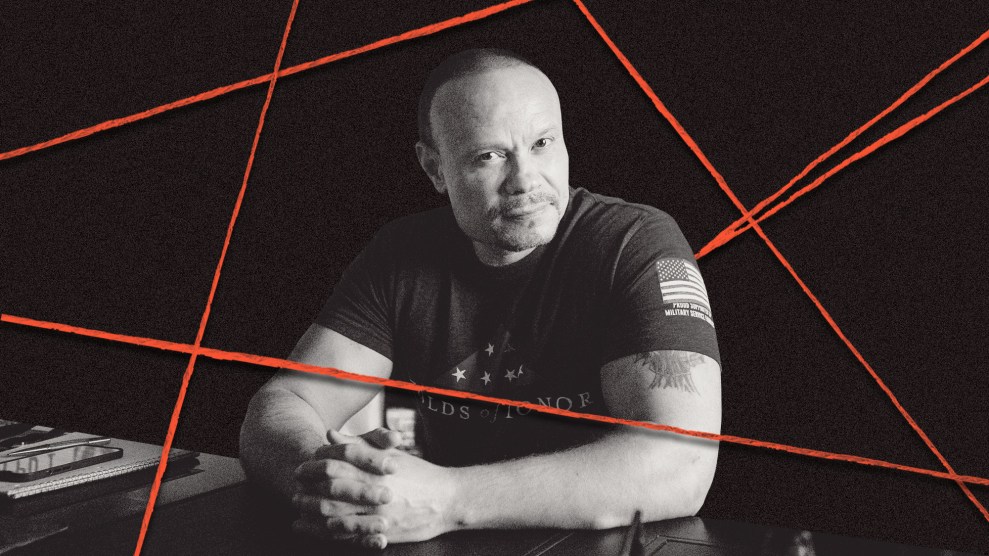
Slovakia's President-elect Zuzana Caputova in Bratislava, Slovakia.Ladimir Simicek/AFP/Getty Images
Every once in a while, decency triumphs. On Saturday, Zuzana Caputova overwhelmingly won Slovakia’s presidential election, beating an opponent backed by the governing party to become the nation’s first woman president.
In front of her supporters Saturday evening, Caputova promised to fight corruption: “Maybe we thought that justice and fairness in politics were signs of weakness,” she said, according to the New York Times. “Today, we see that they are actually our strengths. We thought that the barrier between conservative and liberal is unbreakable, but we managed to do it.”
Caputova, a 45-year-old lawyer, entered the presidential race last year after the high-profile killing of journalist Jan Kuciak and his fiancée, Martina Kusnirova. The two were allegedly shot by a hit man trying to stop Kuciak’s investigation into government corruption. The assassination prompted Caputova and tens of thousands of Slovaks to protest Slovakia’s corrupt, anti-migrant, anti-European Union leadership. Caputova campaigned on the slogan “Let’s fight evil together” and championed transparency in government, as well as abortion and LGBTQ rights. (In Slovakia, same-sex marriage is illegal).
Caputova began her activism in the late 90s, when she tried to stop an illegal dump from poisoning her hometown. Her organizing efforts led to huge street demonstrations. She stopped the dump—and also won the esteemed Goldman Prize for environmental activism.
In victory, she sounded an optimistic note. “I am happy not just for the result, but mainly that it is possible not to succumb to populism, to tell the truth, to raise interest without aggressive vocabulary.” In a nod to the nation’s ethnic minorities, she delivered her acceptance speech not just in Slovak, but in Hungarian, Czech, Roma, and Ruthenian.
At the end of election night, Caputova lit a candle in memory of the slain journalist and his fiancée, Kuciak and Kusnirova.
Recharge is a weekly newsletter full of stories that will energize your inner hellraiser. Sign up at the bottom of the story.
- A prize-winning teacher. A math and physics teacher from rural Kenya has won a $1 million prize. “This prize does not recognize me but recognizes this great continent’s young people,” said Peter Tabichi, who gives away 80 percent of his monthly income to help the poor. Though Tabichi’s school only has one computer and one teacher for every 58 students, his students have taken part in international competitions and won awards. (CNN)
- Beyond “dead white guys.” Oboist Ashley Ertz wanted classical music performances to celebrate more female composers—so she founded an ensemble to do just that. “Our community here in Chicago is not just all white guys, so why is that all that we’re performing?” said Ertz, a graduate student at DePaul University. Since last April, the 115-member 5th Wave Collective has performed 12 concerts throughout the Chicago area, featuring works by more than 50 female composers. According to the Baltimore Symphony Orchestra, only 1.3 percent of works performed by American symphonies during the 2016-17 season were written by women. (Chicago Tribune)
- The Recharge Quote. “There are thousands of people who are fighting to survive, to find some work, to receive a decent salary, to get a little dignity, and a little bit of happiness, and millions of human beings who are seeking refuge.” That’s from director Agnès Varda, who kept a spotlight on people in the margins of society during her path-breaking six-decade run in cinema. Varda, considered the godmother of the French New Wave, died Friday. She was 90.


















